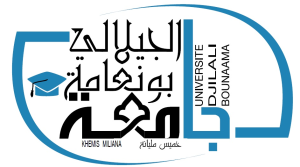Dimension éthique et déontologie
Section outline
-
-
-
What is Ethics?
Ethics can be distinguished from morality understood as the activity of choosing and deciding, judging, justifying, and defending conduct, In our present age, ethics has an important place in all areas of life. Ethics has also become important in education, because education is a fundamental process of human life. Therefore, ethics is very important
subject in education. We can easily reach all knowledge by technology. In education using technology reveals some ethical problems such as plagiarism. In order to understand the importance of
ethics, ethics should be placed as a course in educational system. Before discussing this issue, it is necessary to define what ethics is and what education is.
-
-
-
The word deontology was coined in 1834 by the English rationalist philosopher Jeremy Bentham to give a title to the work Deontology, or the Science of Morality. The term is composed of two Greek roots: dios, diontos “what is appropriate, what must be done” and logos “discourse, theory”.
Professional morality is nothing other than professional ethics: that is to say the set of rules, principles and values that one is required to respect in a given field of professional activity. The debate here is not about thinking about a difference but concerns the question of universality. The notions of morality, ethics, deontology and common rights refer to good and evil and serve to establish rules of conduct, standards and laws. Ethics as a science of morality seeks to define the foundations, to nourish a reflection on the principles to be followed by a well-defined association of natural or legal persons. Ethics is a set of rules which are inspired by ethical reflections which a profession adopts to govern its operation with regard to its mission.
-
-
-
Values for students life in university

